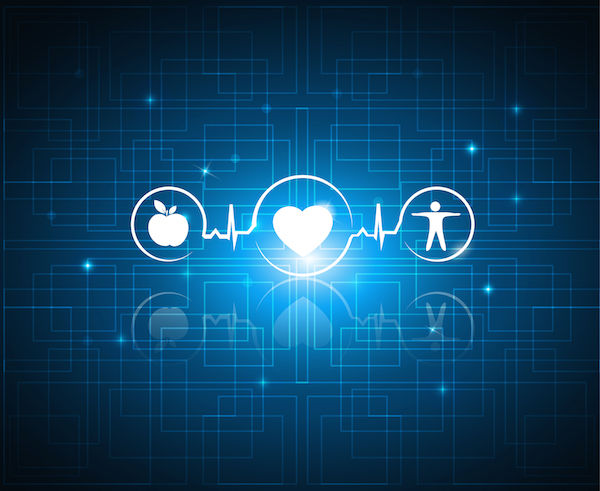
WEDNESDAY, May 25 (HealthDay News) — About 19 percent of U.S. adults aged 24 to 32 have high blood pressure, but many of them are unaware that they have the potentially life-threatening condition, new research reveals.
High blood pressure, or hypertension, is associated with a slew of health problems, including coronary heart disease, heart failure, stroke and kidney failure. The study, funded by the U.S. National Institutes of Health (NIH), found the risk for this condition among young adults is actually greater than previously thought.
Researchers analyzed the blood pressure readings of more than 14,000 young adults who took part in the National Longitudinal Study of Adolescent Health (Add Health).
The findings, published in the current online edition of the journal Epidemiology, are a departure from previous study findings. In the recent U.S. National Health and Nutrition Examination Survey (NHANES), only 4 percent of young adults were found to be hypertensive.
“This fivefold increase in the incidence of high blood pressure in a younger, healthier population is the start of a trend of ‘un-health’ that we are about to see in our youth,” said Dr. Suzanne Steinbaum, a preventive cardiologist at Lenox Hill Hospital in New York City. She was not involved in the study.
“As 30 percent of people are overweight or obese, there is a rise in other issues associated with that, such as diabetes and, now high blood pressure,” Steinbaum added. “With high blood pressure happening at this younger age, the chances that we will see heart developing earlier is likely.”
The reasons for the difference between the new study findings and those from NHANES is unclear.
“We explored several possible explanations for the difference between this study and NHANES, including participant characteristics, where they were examined and the types of devices for measuring their blood pressure,” Kathleen Mullan Harris, principal investigator of the new study, said in an NIH news release. “None of these factors could account for the differences in estimates between the two surveys.”
The investigators also pointed out that the proportion of young people who had been previously diagnosed with high blood pressure was similar in both studies: 9 percent for NHANES respondents and 11 percent for Add Health respondents.
Whatever the reason for the disparity, the new data “are a call to action,” Steinbaum said. “We need to remind our younger population the critical nature of the role of diet and exercise in staying healthy, and that it must begin as early in their lives as possible or it will have negative effects on their health.”
More information
The American Heart Association has more on the prevention and treatment of high blood pressure.

